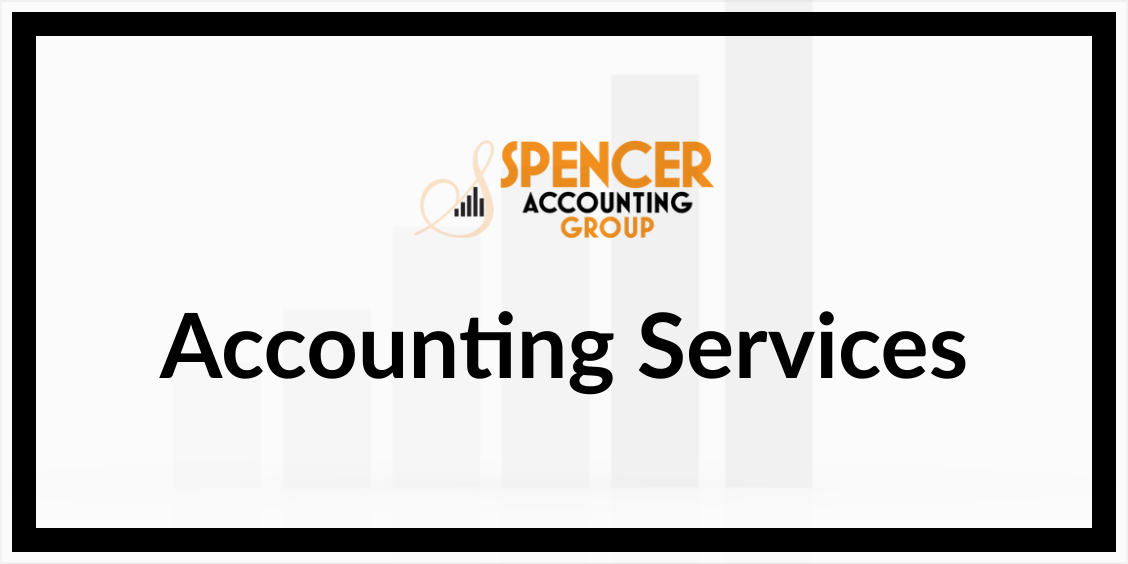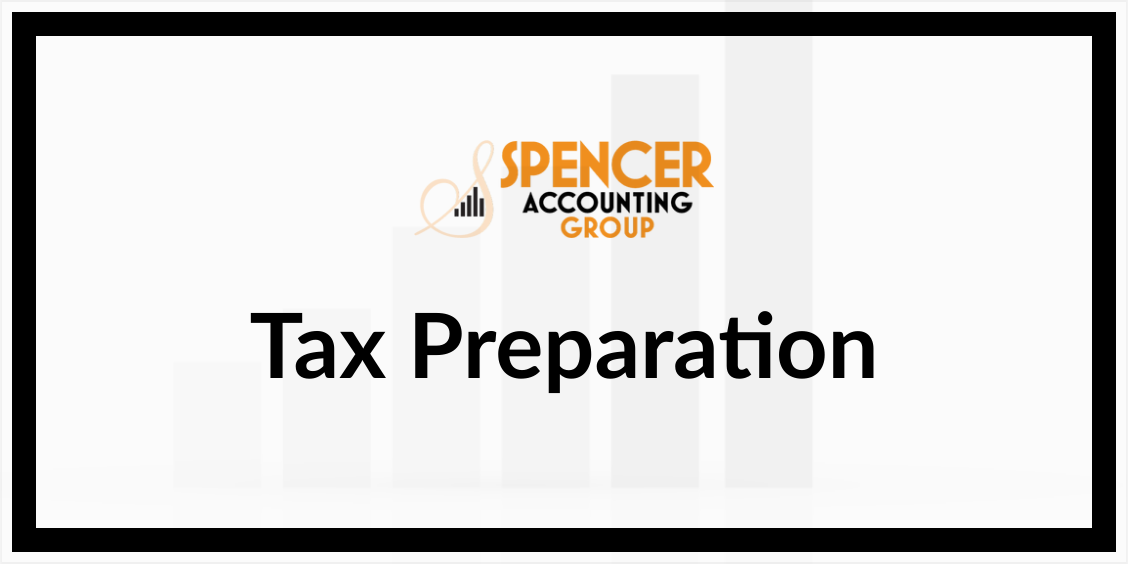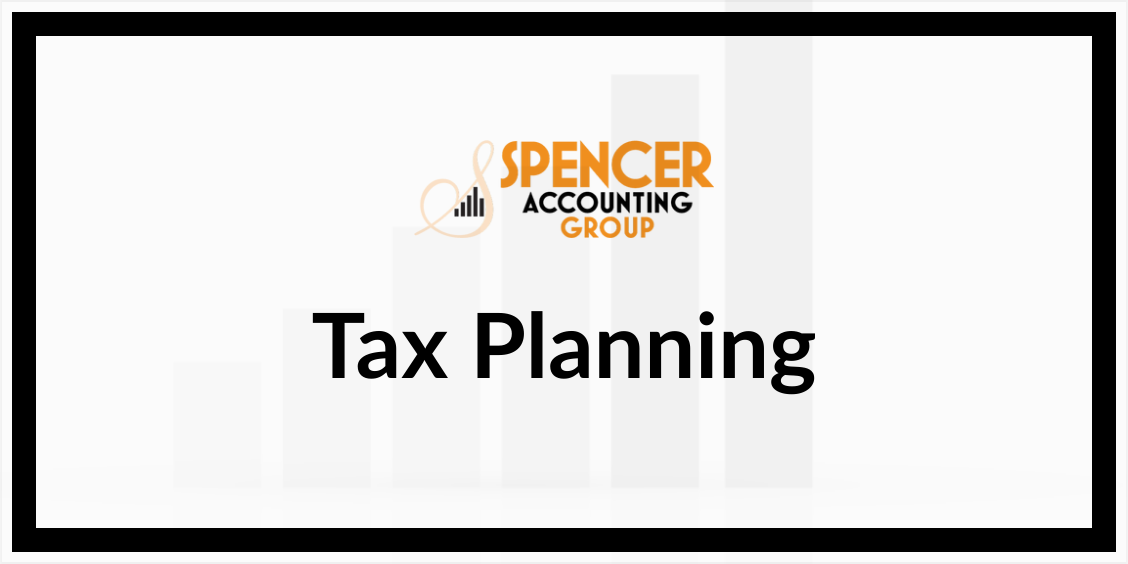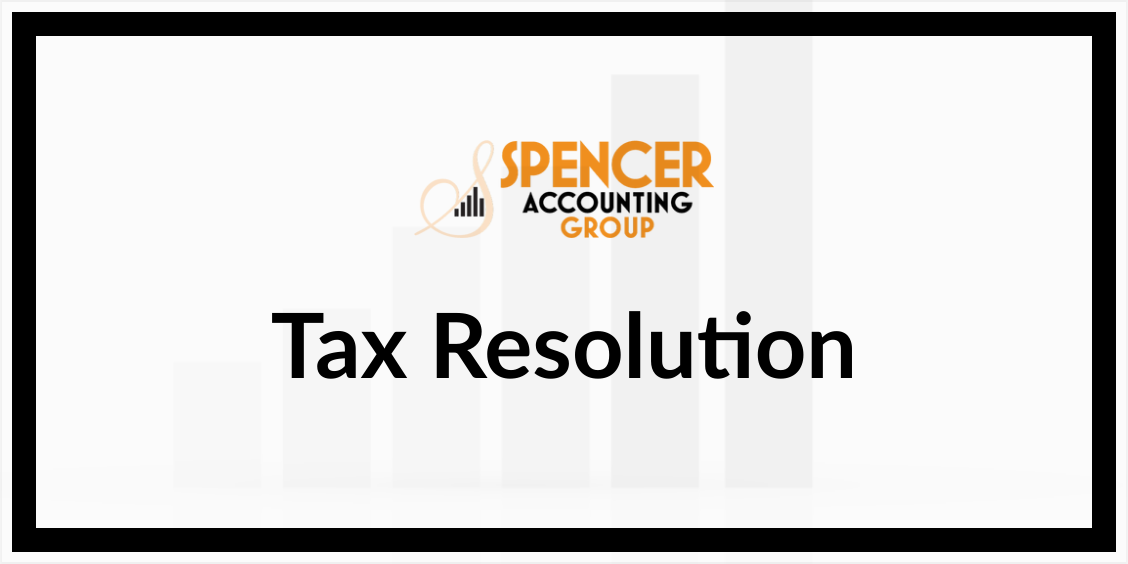|
You likely formed an S corporation to save on self-employment taxes. If so, is your S corporation salary
Getting the S corporation salary right is important. First, if it’s too low and you get caught by the IRS, you will pay not only income taxes and self-employment taxes on the too-low amount, but also both payroll and income tax penalties that can cost plenty. Second, in most cases, the IRS is going to expand the audit to cover three years and then add the income and penalties for those three years. Third, after being found out, you likely are now stuck with this higher salary, defeating your original purpose of saving on self-employment taxes. Getting to the Number The IRS did you a big favor when it released its “Reasonable Compensation Job Aid for IRS Valuation Professionals.” The IRS states that the job aid is not an official IRS position and that it does not represent official authority. That said, the document is a huge help because it gives you some clearly defined valuation rules of the road to follow and takes away some of the gray areas. The two approaches Spencer Accounting Group will likely use based on your business are the:
Health Insurance
The S corporation’s payment or reimbursement of health insurance for the shareholder-employee and his or her family goes on the shareholder-employee’s W-2 and counts as compensation, but it’s not subject to payroll taxes, so it fits nicely into the payroll tax savings strategy for the S corporation owner. Pension The S corporation’s employer contributions on behalf of the owner-employee to a defined benefit plan, simplified employee pension (SEP) plan, or 401(k) count as compensation but don’t trigger payroll taxes. Such contributions further enable the savings on payroll taxes while adding to the dollar amount that’s considered reasonable compensation. Planning note. Your S corporation compensation determines the amount that your S corporation can contribute to your SEP or 401(k) retirement plan. The defined benefit plan likely allows the corporation to make a larger contribution on your behalf. Section 199A Deduction The S corporation’s net income that is passed through to you, the shareholder, can qualify for the 20 percent Section 199A tax deduction on your Form 1040. Don't hesitate to contact us if you need help determining reasonable compensation.
0 Comments
Leave a Reply. |
We're Here to HelpGet advice from our experienced network of financial managers. If you Value our Blog, We have an ask.We spend hours researching data to help you understand your finances and taxes, including historical context, issues, and solutions. Our goal is to empower people to improve their relationship with money. Please consider a $3 donation today. Important Disclosures
Spencer Accounting Group, LLC does not provide investment, tax, legal, or retirement advice or recommendations in these blogs. The information presented here is not specific to any individual's personal circumstances. AuthorKeana Spencer is an Accountant, Entrepreneur, and Educator to her clients, with a strong passion. Keana has over 10 years of experience and through her practice, she is a source of knowledge and strategies to her clients. |


 RSS Feed
RSS Feed




